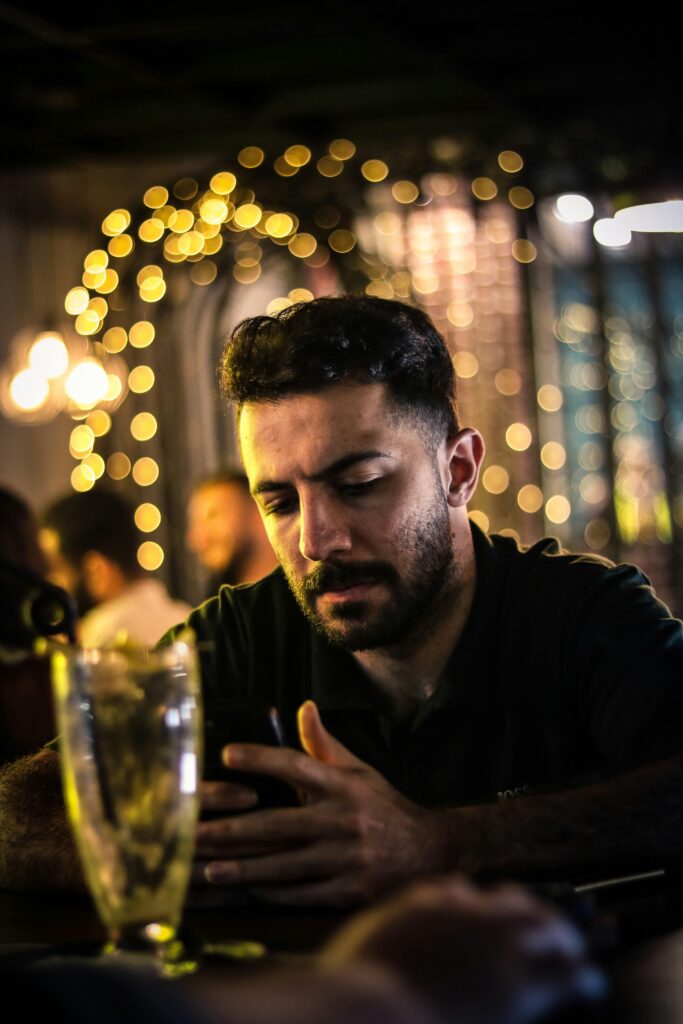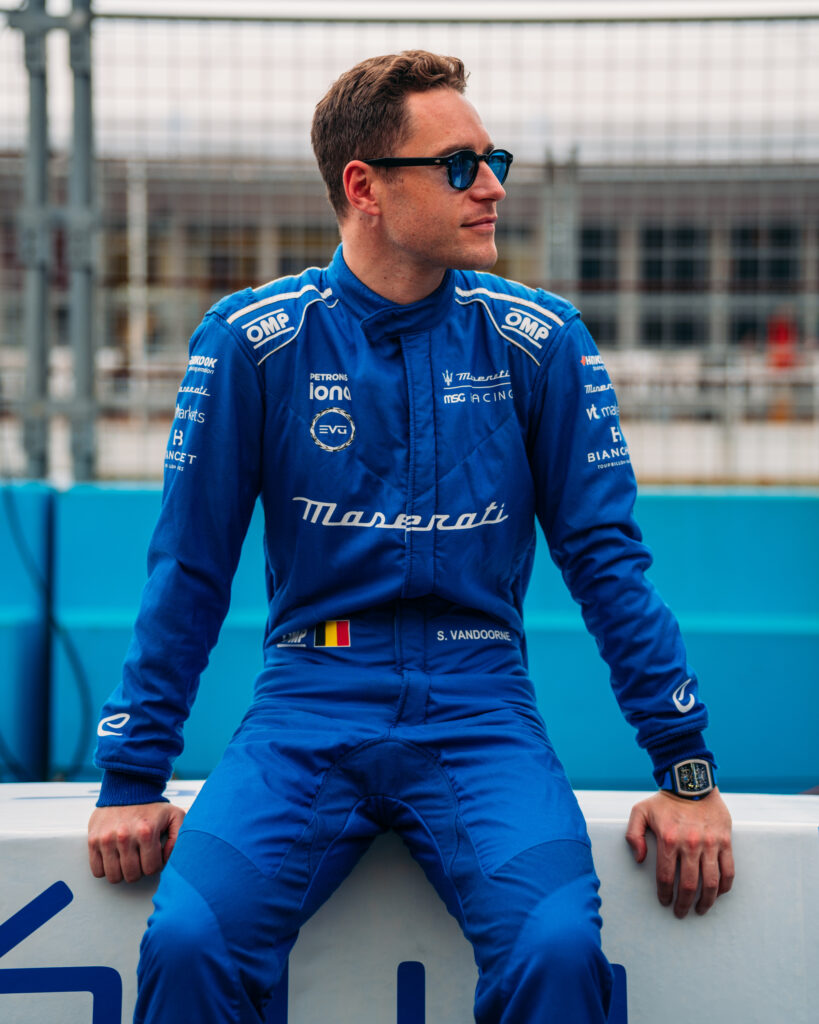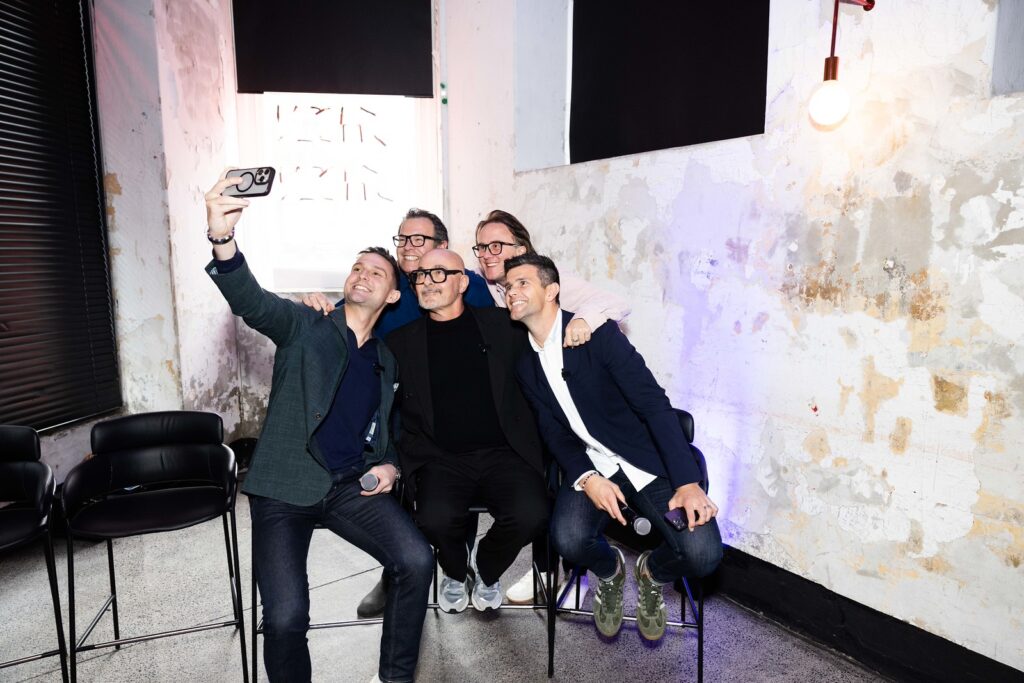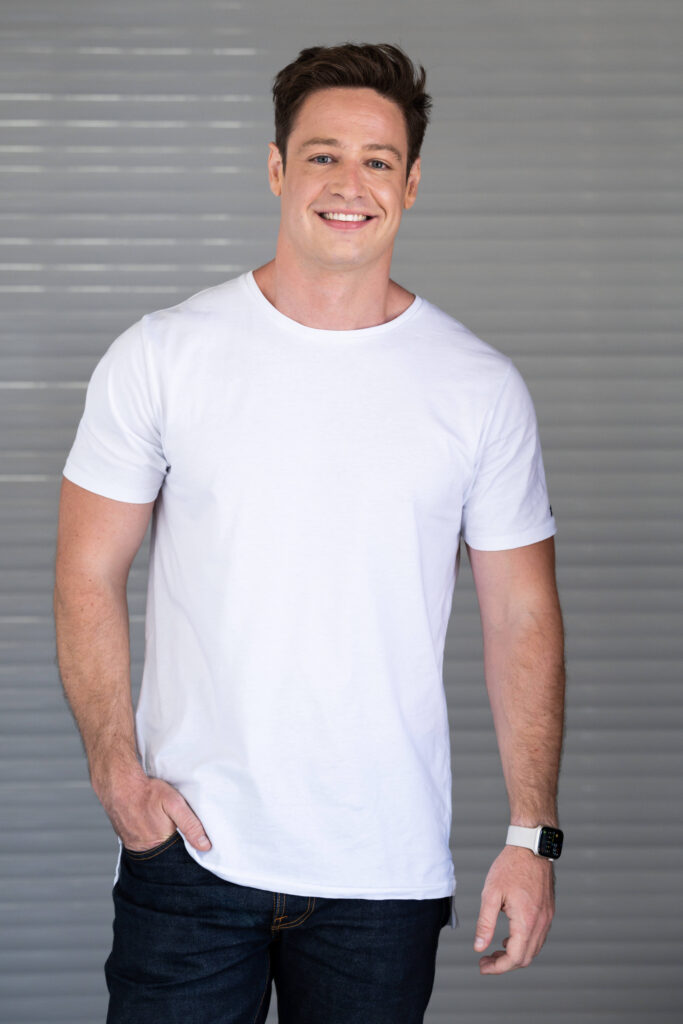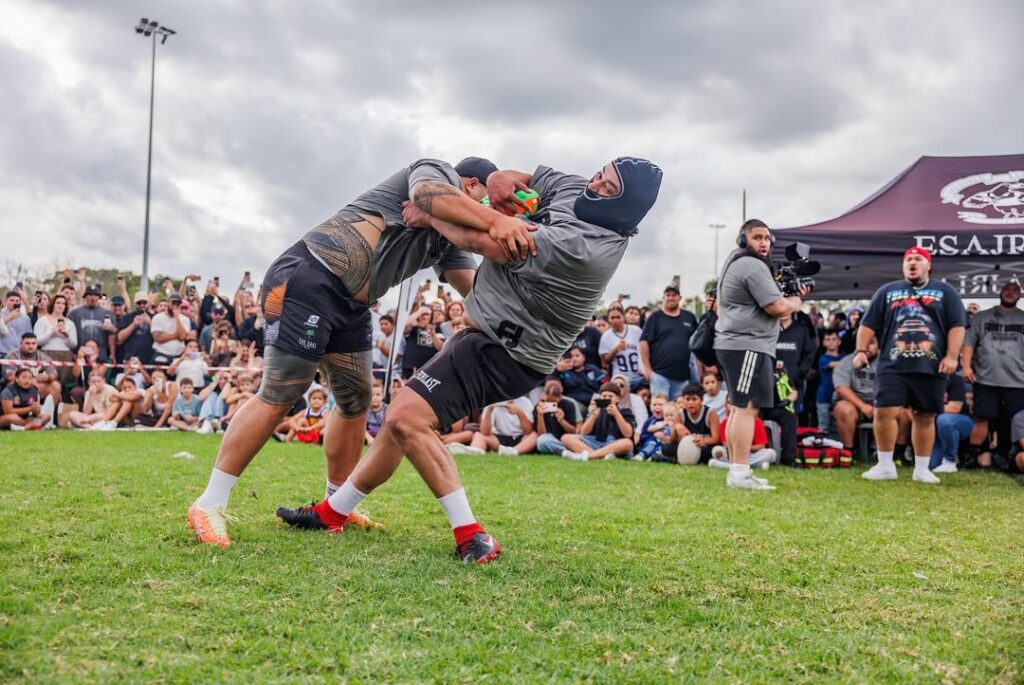IF YOU WERE TO go back a few decades, the concept of taking a ‘mental health break’ would be unthinkable. Such was the intensity of the prevailing macho culture of the time, so firmly entrenched were the ideals of ‘toughening up’ and ‘growing a pair’, that even historically great athletes like Michael Phelps—who ruled the pool for well over a decade—were forced to languish with depression and anxiety for years rather than speaking out, due to the stigma surrounding mental health.
Phelps’ psychological stress eventually lead to substance abuse and suicidal thoughts. After his second DUI offence in 2014, the swimmer questioned whether he should “just end it all”, as he revealed in 2020 documentary The Weight of Gold, which he co-produced. “I thought of myself as just a swimmer. Not a human being.”
With nowhere left to turn, Phelps eventually checked himself into a treatment centre, which helped him overcome his issues. He then returned to the Olympics and won five more gold medals in one of the best going-out-on-top moments in sports history. While Phelps didn’t take a mental health break in the modern sense of the term, he laid the groundwork for the next generation of elite athletes, who are more willing and finally able to be open about their mental health struggles. Among those athletes is Filipe Toledo.
Just two waves into Hawaii’s Pipeline Pro, the opening event of the 2024 WSL season, Toledo returned to shore and withdrew from the competition, initially citing food poisoning. Shortly after, Toledo pulled out of the entire championship tour, taking a one-year mental health break.
“In the past, I have been honest about some of my challenges not only with injuries but also with mental health,” Toledo said in a statement. “Competing at the highest level for the past decade has taken a toll on me and I need a break to recover for the next chapter of my career. I have so much passion for the sport, but I need some time off to fully recover so I can come back stronger than ever.”
For the most part, the response to Toledo’s decision has been fairly positive. A number of high-profile figures have shared words of support on the Brazilian’s latest Instagram post. In particular, Australian three-time world champion surfer Mick Fanning wrote: “Take time for you mate. If you don’t no one will. Go enjoy your family. Admire the courage.”
Although, proving we still have a long way to go in regard to breaking down the stigma surrounding mental health, a number of social media users—which we’ve dubbed the ‘commentariat’—have disparaged Toledo. With some asserting that Toledo, an aerial specialist known for his high-flying acrobatics, was not motivated to withdraw due to mental health issues, but rather by his strong dislike of large waves and crushing barrels—of which there were plenty at Pipeline.
Irrespective of public opinion, Toledo seems entirely pleased with his decision. Appearing during the broadcast of the WSL’s second event, the Sunset Beach Pro, Toledo provided an update on his current mindset. “I feel super happy,” he began. “Of course, it was a hard decision for me. It took me a few days to realise that this is actually happening. I don’t want to [withdraw from competition], but I need to. It’s hard for me to live this — to not surf, not compete. But I know I need the break. I need to reset. I need one year to be pressure free, be at home with the kids, and go on surf trips.”
Which athletes have taken mental health breaks?

Getty Images | Sarah Stier
Toledo joins a rising tide of elite athletes who have taken time out to focus on their mental health. A number of athletes, from Olympians to NBA stars, have spoken up about their struggles with their mental health, stepping away from their sports to work on themselves and coming back better for it—doing their part in breaking the stigma in the process.
Foremost among Australian athletes who have taken an extended mental health break is NBA superstar Ben Simmons. The towering Brooklyn Nets point guard sat out the 2021-22 NBA season, in part because of a sustained holdout against his team, the Philadelphia 76ers, but also due to ongoing injury and mental health issues. He later revealed that taking time to focus on himself was the key to making his NBA comeback. “I had isolated myself for a year. I wasn’t on social media. I wanted to have peace and be by myself and reset because I needed it. And I stuck with therapy too because I think everyone should have that outlet,” Simmons said.
Mental health breaks have been more common in women’s sports, with some of the world’s most well-known athletes taking time away to recuperate. Notably, Naomi Osaka withdrew from the 2021 French Open and took the next few months to focus on her mental health after suffering “long bouts of depression” since 2018. Simone Biles, the joint-most successful American Olympic gymnast of all time, has a similar story. After rocketing into focus with a historic performance at the 2016 Olympics, Biles struggled with the pressure of repeating her success at the 2020 Olympics. Consequently, she took a two-year mental health break and has only recently returned to competition, with her sights now set on the 2024 Olympics.
Toledo is not the first surfer to take a mental health break, nor is he the first Brazilian surfer. In fact, he’s not even the first Brazilian surfer to take a mental health break while being the reigning world champion. In 2022, three-time world champion Gabriel Medina pulled out of the first half of the WSL season due to psychological stress. “This time was good for me,” he later said. “It’s not a secret, it’s even interesting to talk about mental health. I had depression, I started treating myself with a psychologist. I never imagined being in this situation, it’s scary, things stop making sense for you.”
The surprise of Toledo and Medina’s decisions are compounded by the hyper-masculine nature of surfing. Despite the easy-going, laidback stereotypes typically attributed to surfers, the surfing world is brutal. Following the announcement of their withdrawals, the comment sections beneath the surfers’ Instagram posts were filled with vitriolic statements branding their moves as cowardly. While the rise in athlete mental health breaks is reducing the stigma, it’s clear that there’s still work to do.
What can we learn from athletes taking mental health breaks?
The unduly pessimistic takeaway from more athletes prioritising their mental health would be to lament that, if pro athletes are struggling, the rest of us must have no hope. But fortunately, there’s more to learn than that. For one, Toledo and other athletes’ decisions, while surprising, also prove that us regular folk aren’t alone in our struggles. These athletes are setting a precedent that paves the way for others to reach out and seek help.
In addition, athletes taking mental health breaks gives credence to the claim that success isn’t everything. The athletes mentioned in this article gave up on everything from Olympic medals and world championship glory to grand slam titles and sporting immortality, in pursuit of better mental health. What this tells us is that no payoff is worth driving yourself into the ground for. If striving for success is impacting your mental health, take a step back to reevaluate.
Finally, in spite of a few recreant comments from social media users, the response to athletes taking mental health breaks has been largely positive. This is evidence that discussing mental health and speaking up about your struggles is no longer a sign of weakness. There’s no need for hesitation, if you’re struggling, help is always there.

INSTAGRAM | @filipetoledo
If you or anyone you know is struggling with their mental health and needs support, Lifeline is available 24/7 at: 13 11 14 or lifeline.org.au
Related:
Jeff Horn on mental health awareness, silencing critics and dealing with bullying








